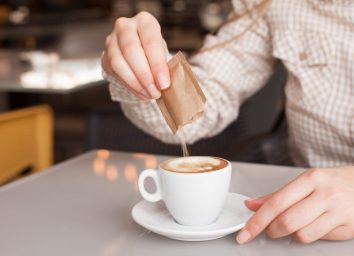One Unexpected Side Effect of Drinking Coffee Every Day, Experts Say
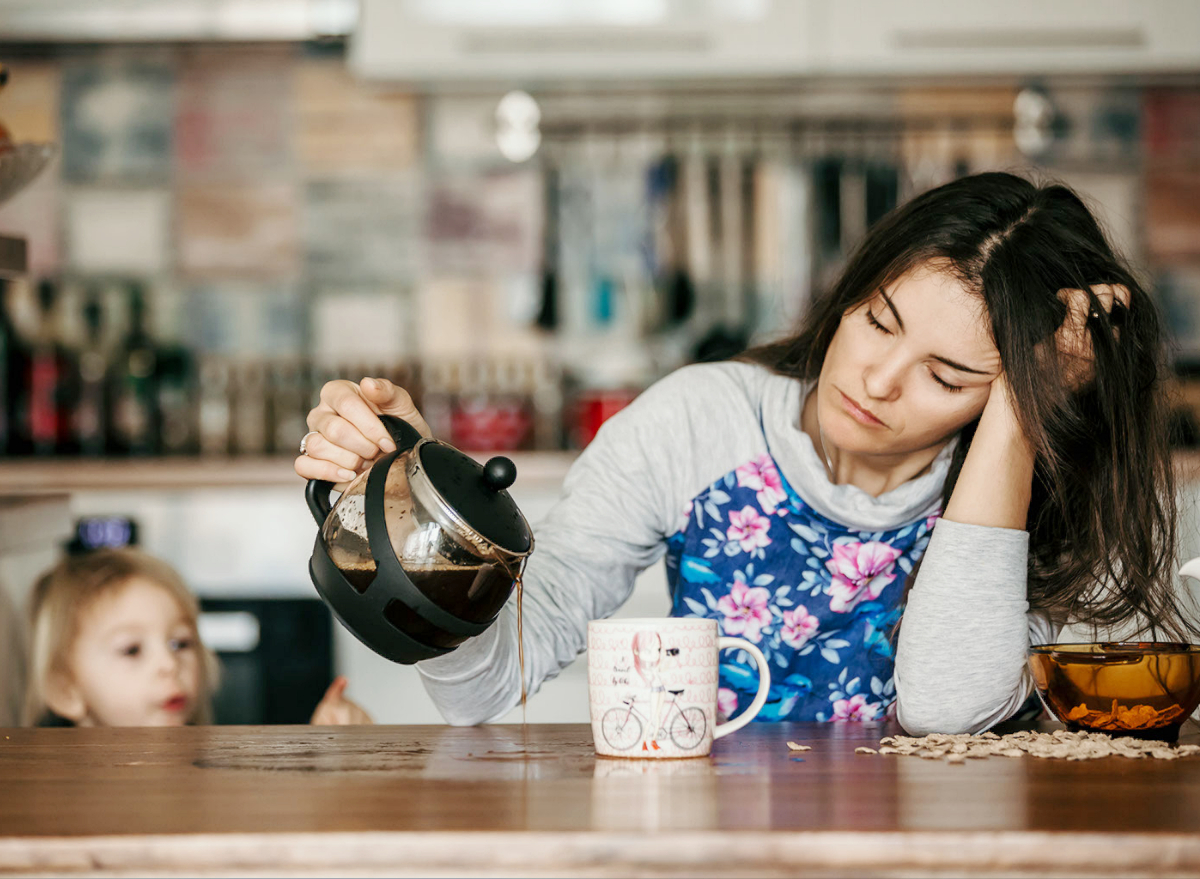
If you’re a coffee drinker, you probably rely on that morning cup to rev you up for the day ahead. However, brain researchers are dropping a truth bomb that could change what you’ve always believed about your beloved brew: Coffee might actually have the opposite effect on your energy levels than you believe.
Without a doubt, coffee is one of the most common sources of a solid caffeine hit. Experts have said the average cup of coffee runs about 90 milligrams of caffeine, which is approximately double the amount that you’ll find in a 12-ounce can of Diet Coke, and three to four times as much as what’s in many common types of tea.
But, coffee may actually make you sleepy over time, researchers say. “The paradox of caffeine is that in the short term, it helps with attention and alertness. It helps with some cognitive tasks, and it helps with energy levels,” Mark Stein, a professor of psychiatry at the University of Washington’s Department of Psychiatry who studies sleep, nutrition, and ADHD, told the New York Times in reference to coffee. “But the cumulative effect—or the long-term impact—has the opposite effect,” Stein said.
Keep reading to learn why coffee may actually make you sleepier. Also, don’t miss The Best & Worst New Coffee Drinks This Fall, Dietitian Says.
When coffee wears off, you may feel “sleep pressure.”
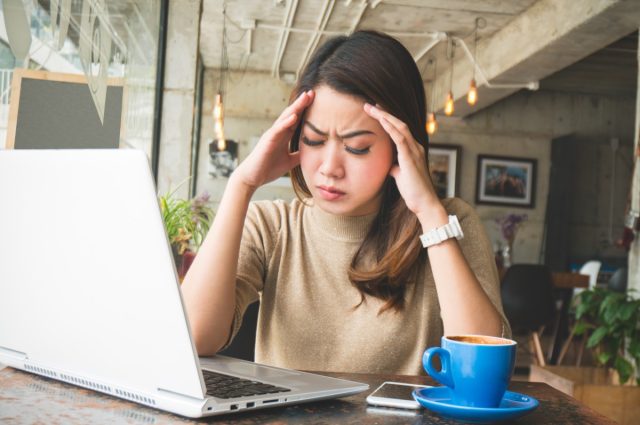
“Sleep pressure” is a term that you’re most likely familiar with. Some sleep experts refer to sleep pressure as your body’s natural sense of needing sleep that increases over the course of the day.
When the effect of caffeine in coffee subsides, sleep pressure can hit hard, Seth Blackshaw, a sleep neuroscientist at Johns Hopkins University, told the Times—adding that the only tried-and-true way to fix it is to get some sleep.
Your body builds up a caffeine tolerance.
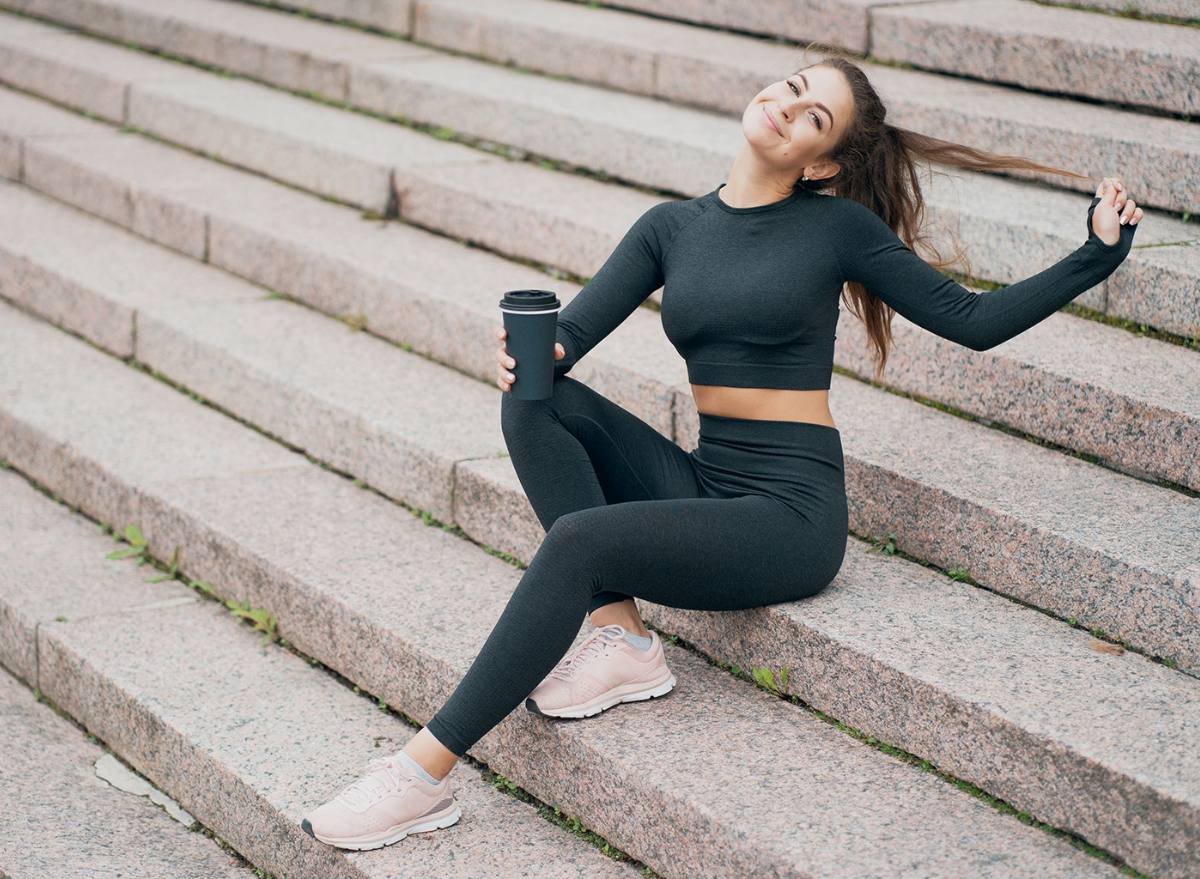
The longer you drink coffee, the faster your liver produces proteins that break down caffeine, according to Blackshaw.
This is a classic case of increased tolerance (remember that caffeine is a drug). The more caffeine you consume, the more of it you need to experience the same level of impact.
But then, what happens when you drink too much caffeine? Falling asleep easily may become harder to do.
Sign up for the Eat This, Not That! newsletter.
Caffeine can dehydrate you.
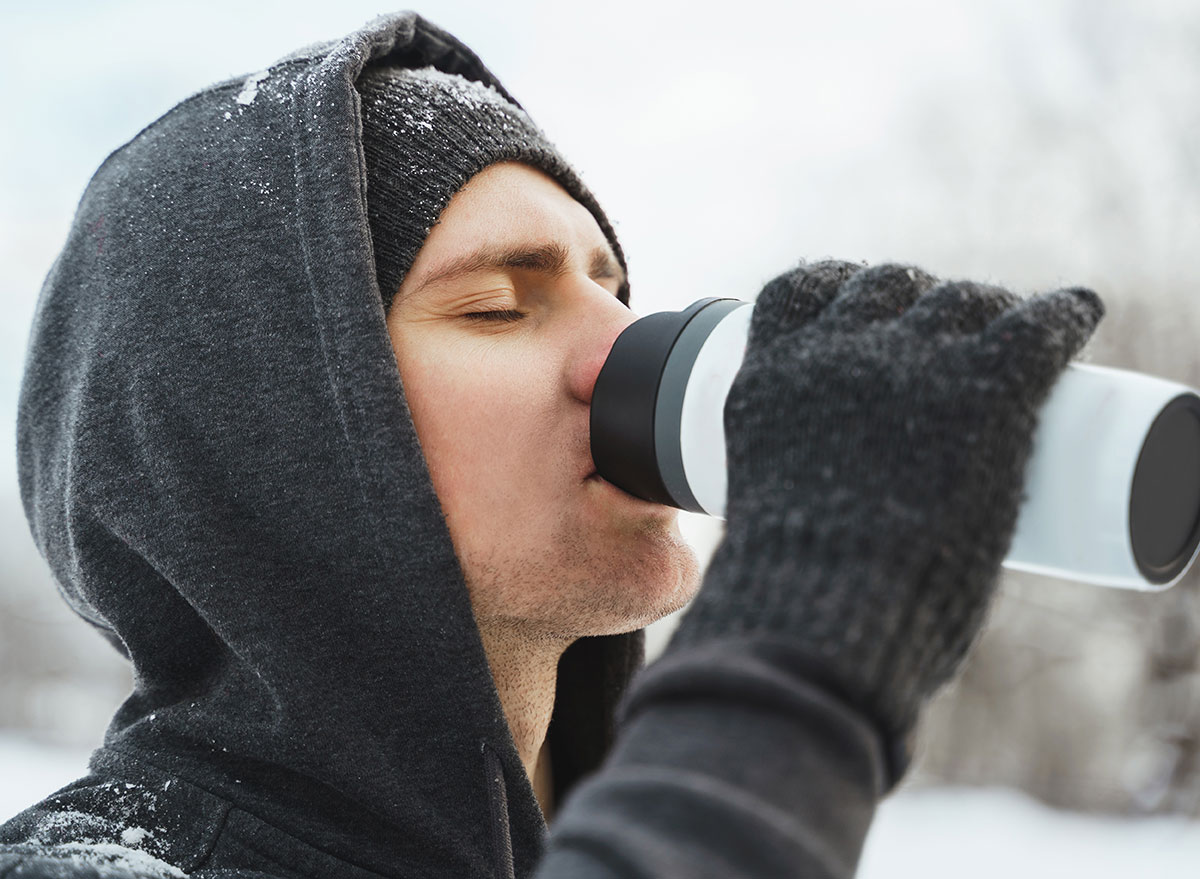
Also mentioned in the Times report is the fact that coffee can dehydrate you. Coffee acts as a diuretic, so it can cause the body to release excess water.
That’s one reason coffee may lead to physical fatigue, as pointed out by Christina Pierpaoli Parker, a sleep researcher at the University of Alabama.
Some ways to keep coffee feeling fresh:
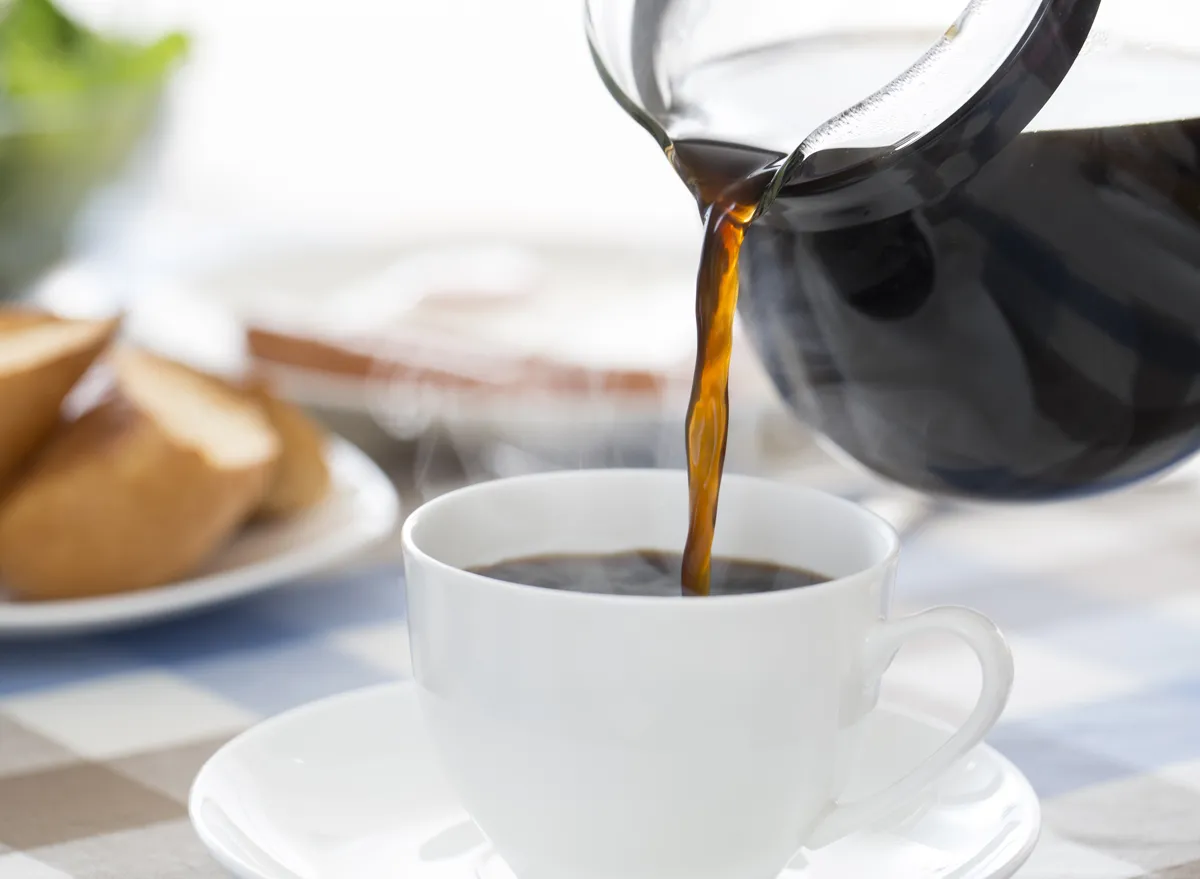
The experts in the Times report suggest that if you’re not feeling coffee’s effect in perking you up, try switching up how often you’re drinking it, or take a few days off to let your body’s responses to it grow more sensitive again.
They also recommended not relying on caffeine as your primary energy fix. We know, we know—it’s not a perfect world. But, on these brisker fall days, try getting out for a short walk… or, dare we suggest, try carving out time for a cat nap, if life allows you that luxury.
Keep reading:
- Surprising Side Effects of Eating Too Much Salt, Says Science
- Drinking This Tea May Protect You Against Kidney Stones, New Study Says
- Delta Symptoms Usually Appear in This Order
